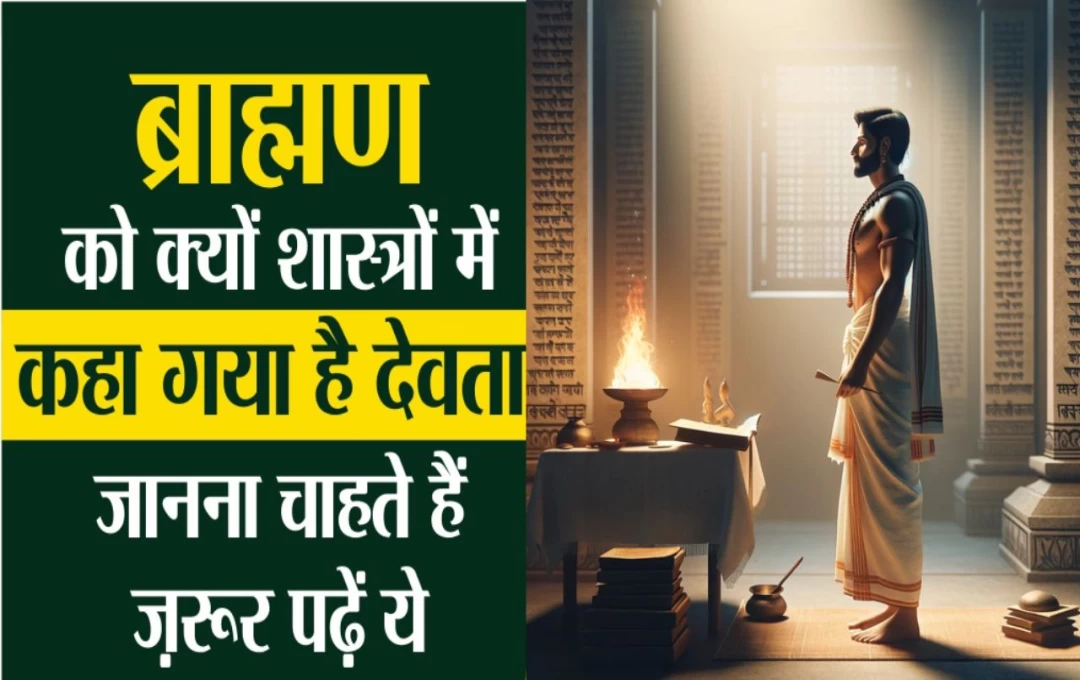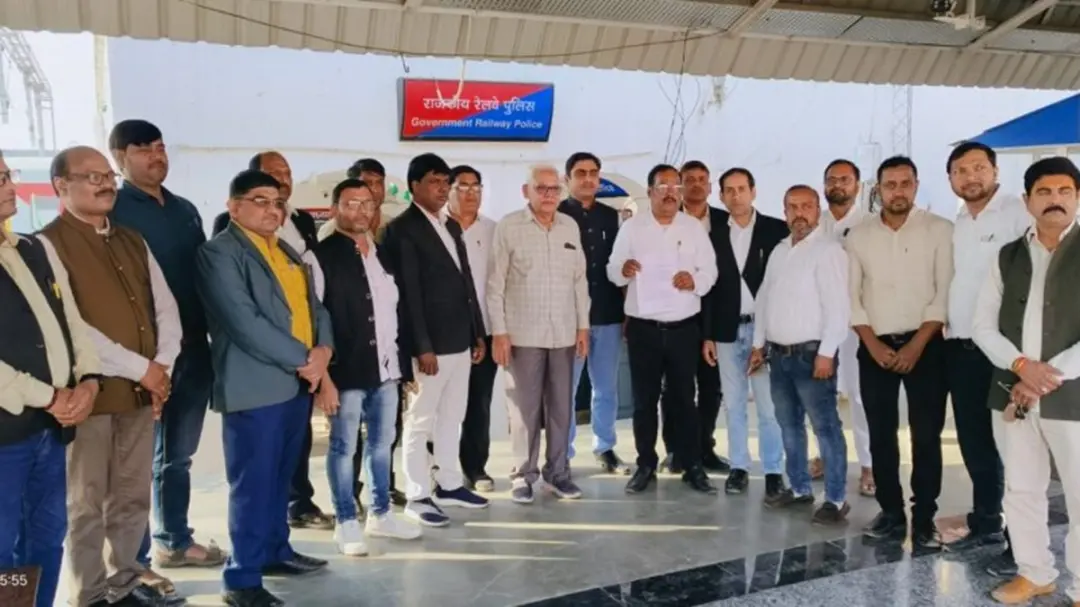Brahmins are considered equivalent to deities in scriptures, and this concept has deep religious, cultural, and historical roots. Let us explore these aspects in detail.
1. Religious Significance
Ancient Indian texts like the Vedas, Upanishads, and Puranas venerate Brahmins as akin to deities. This is because they were entrusted with the study, teaching, and performance of religious rituals based on the Vedas. Brahmins possessed profound knowledge of religion and spirituality. They ensured the proper performance of religious ceremonies and rituals, thus upholding religious and ethical values within society.
2. Cultural Contributions
Brahmins played a crucial role in disseminating education and knowledge throughout Indian society. In the gurukul system, Brahmins served as teachers, imparting knowledge of the Vedas, dharma, sciences, mathematics, and literature to students. They significantly contributed to preserving and upholding Indian culture and traditions. Their contributions extended to the fields of music, dance, literature, and the arts.
3. Historical Perspective
In ancient India, Brahmins held a prominent position in society. They acted as advisors and spiritual guides to kings. Their counsel and guidance played a pivotal role in governing the kingdom. During the medieval period, Brahmins continued to hold significant influence, serving as guardians of dharma and justice.
4. Spiritual Outlook
Adhering to and promoting dharma was a central duty for Brahmins. Their lives were dedicated to dharma and service, fostering spirituality and ethical conduct within society. Brahmins conducted yajnas and rituals to bring peace and prosperity to society. These rituals were believed to appease the deities and contribute to the well-being of all.
Conclusion The reverence bestowed upon Brahmins as deities in scriptures stems from their profound religious, cultural, and societal contributions. Their knowledge, commitment to dharma, and responsibilities towards society earned them this esteem. However, it is crucial to respect and appreciate the contributions of all castes and communities equally.





